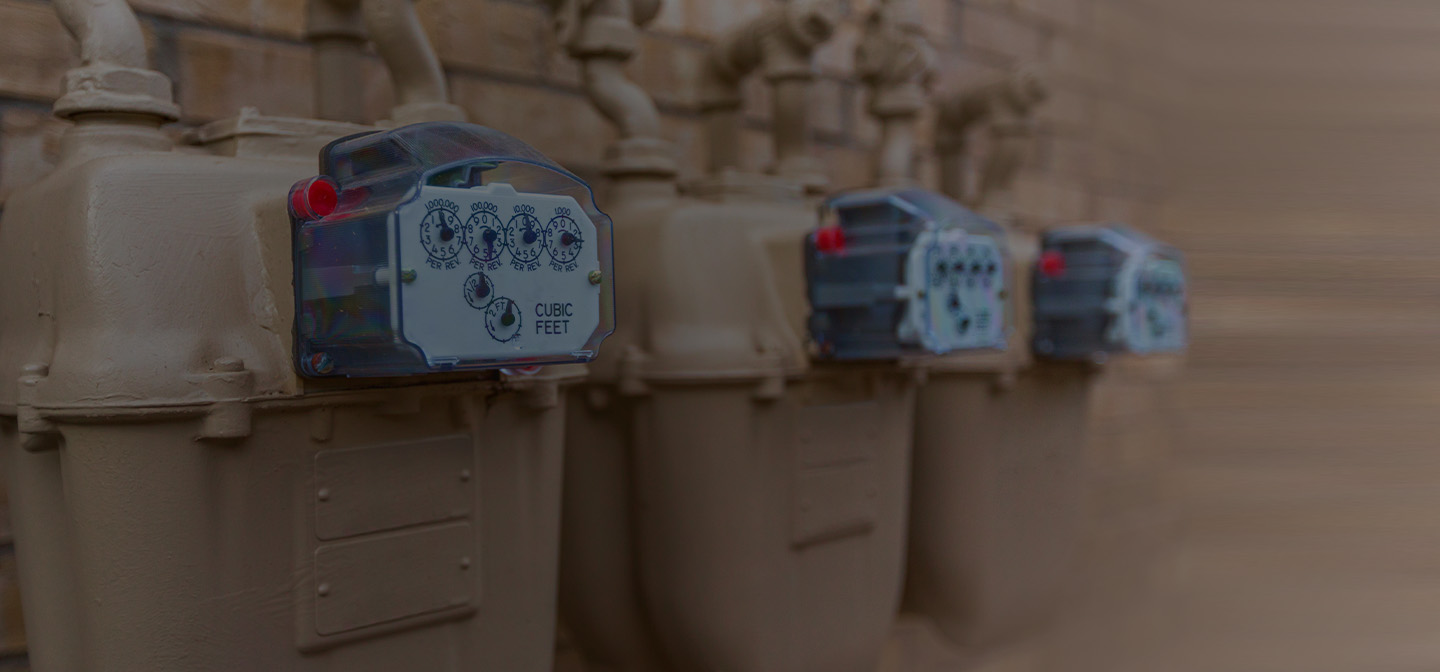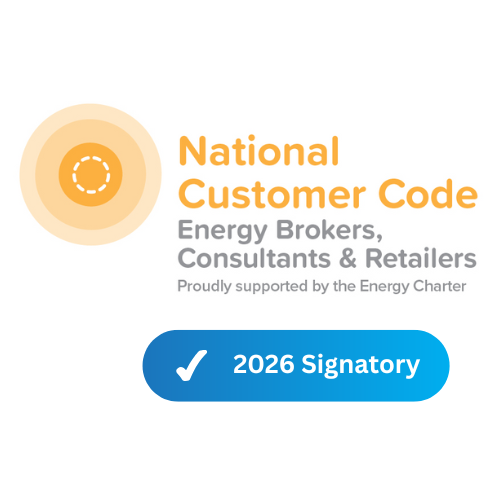
If your business consumes more than 10 terajoules (TJ) of gas per year and still has a basic meter, you could be missing a major opportunity to reduce costs and improve your purchasing power. This article explains how gas metering works, why many businesses are unknowingly paying more than they should, and how a gas meter upgrade—such as upgrading to an interval gas meter or installing a data logger—can transform the way you purchase gas.
How Gas Metering Works – From Basic to Interval
Most large gas users still operate with basic meters, which only record cumulative usage when read manually (often monthly or quarterly). While this provides a total consumption figure, it hides when and how your business actually uses gas.
By contrast, an interval meter or a data logger records consumption in half-hourly or hourly intervals. This gives you and your retailer a clear picture of your load profile — the peaks, troughs, and patterns of gas usage across different times of day and seasons.
Why Metering Impacts Costs & Retail Offers
Retail
Without interval data, large gas users face several disadvantages:
- No visibility to manage usage – Basic meters only record total gas usage, without showing when the consumption occurs. This lack of visibility makes it harder to fine-tune operations, improve efficiency, or manage exposure to price risks. By installing an interval data meter, some sites can gain access to detailed usage patterns that can be integrated into a Building Management System (BMS), giving your team valuable insights to optimise performance and better understand site operations.
- Unsuitable retail plans – In the absence of interval data, many retailers only offer variable rate “small business” plans. These are designed for low-volume customers and are often cost-ineffective for larger users.
- Limited large market contracts – Some businesses may qualify for fixed-price large market contracts, but retailer options are limited unless you have an interval gas meter upgrade.
In short, without interval metering, retailers either price in extra risk or restrict you to suboptimal offers — both of which can inflate your costs.
Distribution
Metering also directly affects network distribution charges, which form a significant portion of your overall gas bill:
- Default volume tariffs – With a basic meter, you are typically placed on a volume-based tariff. Most gas networks only offer one such tariff, but some, such as Jemena, have additional options.
- Potential savings with demand tariffs – Upgrading to an interval meter may allow your site to shift onto a demand-based tariff. For businesses with predictable or consistent gas loads, this can deliver meaningful cost savings.
However, tariff optimisation is not always straightforward. Expert analysis is essential to determine whether the savings from moving to a demand tariff will outweigh metering upgrade costs.
So, Why Look at Upgrading to an Interval Gas Meter
The Negatives of Basic Metering
Relying on a basic meter exposes your business to several disadvantages:
- Overpaying on distribution charges due to being placed on misaligned or average tariffs.
- Missing out on competitive retail offers, as retailers price in uncertainty when interval data isn’t available.
- Poor forecasting and budgeting, since basic meters don’t capture daily or seasonal usage patterns.
These limitations leave many large gas users paying more than they should — often without realising it.
The Advantages of Interval Metering
By upgrading to an interval meter or adding a gas data logger, your business can:
- Access more accurate tariffs, with the potential to move onto demand-based network charges and reduce distribution costs.
- Unlock sharper retail offers, as retailers can assess your true usage profile instead of relying on averages.
- Gain visibility into usage patterns, improving forecasting, budgeting, and operational efficiency.
While not every site is eligible, and the process can be complex, an expert evaluation can determine whether interval metering could deliver substantial savings and improved control for your business.
Next Step: Engage for a Gas Metering Evaluation
If your business consumes more than 10TJ of gas annually, it is well worth reviewing your gas metering setup. An evaluation will uncover whether a gas meter upgrade or a data logger installation can lower your costs and unlock better retail offers.
Contact us today for a free evaluation of your gas metering setup. Our specialists will help you understand your usage profile, assess tariff opportunities, and guide you through the upgrade process.
Get advice from our Energy Management Consultants

Philip Glasscock
Energy Management Consultant
Get in Touch
Feel free to call or e-mail us. Or just fill in the form below and we’ll contact you for an obligation-free discussion.
Are you ready to save on business energy costs?
Get Started
Leading Edge Energy is proud to be a signatory of the National Customer Code for Energy Brokers, Consultants and Retailers.